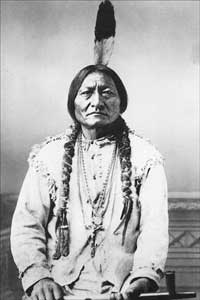If you think linguists are simply nerds living in the world of academia digging up books because they're mad about language, check this out; they have singing talents too! Not very catchy, but the lyrics are humorous and indeed speak the truth (although I'm not sure about the grammar part).
This is dedicated to all linguists in the world :)
Thank you professors and students of linguistics in Budapest for coming up with this creative way to appreciate linguistics and linguists. Great performance!
This is dedicated to all linguists in the world :)
There comes a time
When we heed a certain call,
When linguists must come together as one.
There are people speaking,
They bind and c-command;
It's grammar, the greatest gift of all.
We can't go on
Pretending day by day
That we know our language works in the brain.
We are all a part of
God's linguist family,
And the truth, you know, grammar's all we need.
We are the world,
We are the linguists,
We are the ones who make a brighter day
By making theories.
There's a choice we're making
By forming hypotheses
And we'll describe a language
Just you and me.
Send them a research group
So they'll know that someone cares
And their data will be thoroughly explored.
God has shown us
By turning stone to bread
That even a linguist must be fed.
We are the world,
We are the linguists,
We are the ones who make a brighter day
By making theories.
There's a choice we're making
By forming hypotheses
And we'll describe a language
Just you and me.
When you're criticized
There seems no hope at all,
But if you just believe
There's a usage-based approach.
Well, well, well, well, let us realize
That debates will always come
Even though we stand together as one.
We are the world,
We are the linguists,
We are the ones who make a brighter day
By making theories.
There's a choice we're making
By forming hypotheses
And we'll describe a language
Just you and me.

